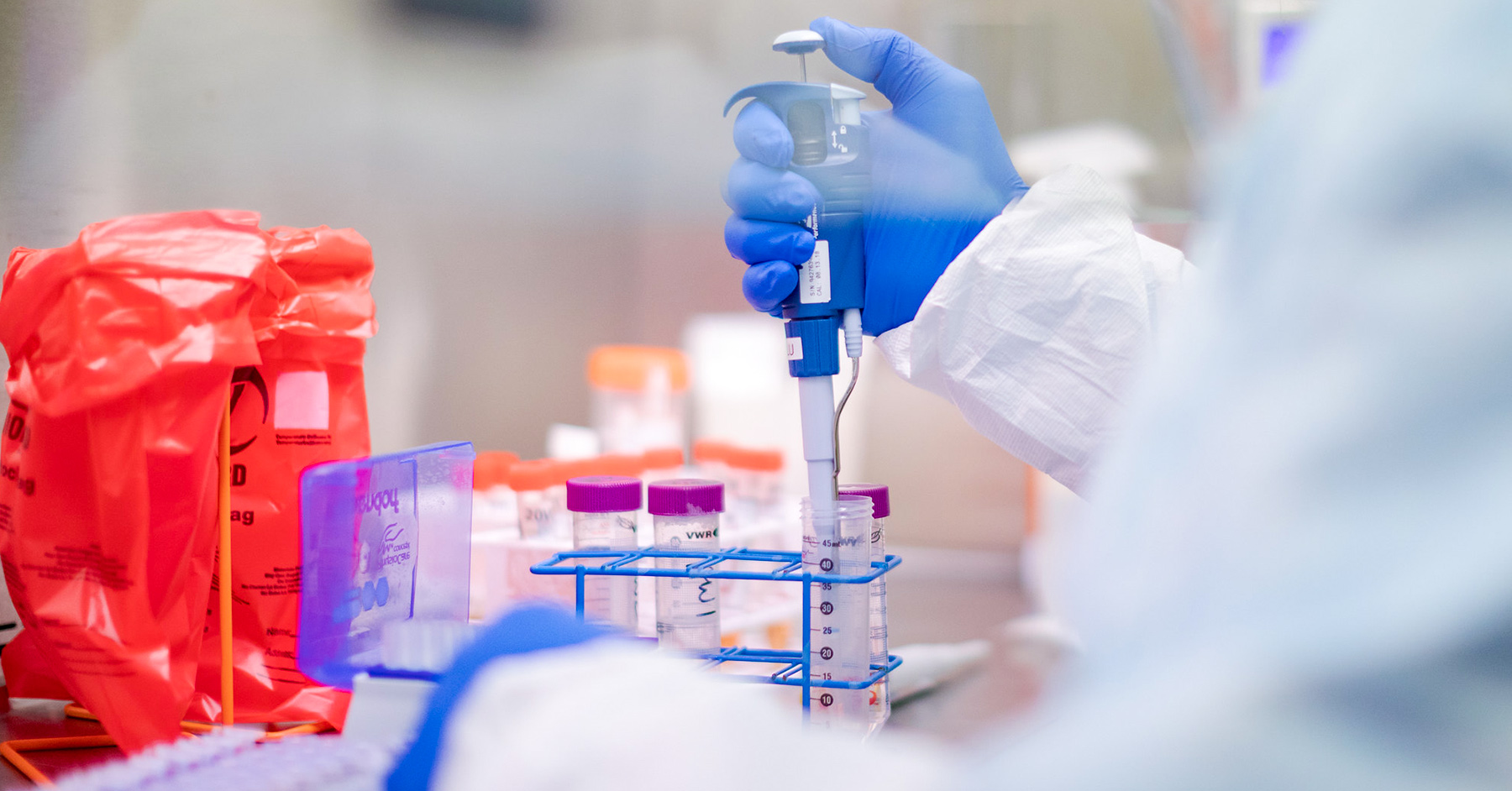Graduate School Prepared Me to Self-Quarantine
You learned a lot about social distancing when you wrote a dissertation. That experience can help you get through this pandemic crisis.
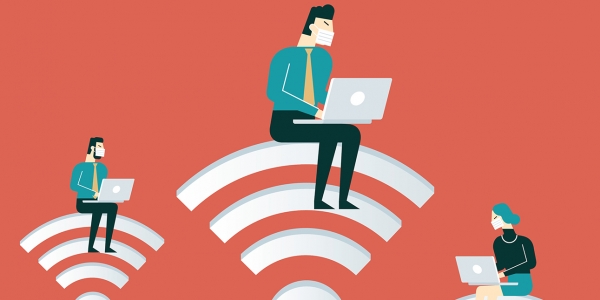
Send us a link
You learned a lot about social distancing when you wrote a dissertation. That experience can help you get through this pandemic crisis.

When asked why the United States didn't import coronavirus tests when the Centers for Disease Control and Prevention ran into difficulty developing its own, government officials have frequently questioned the quality of the foreign-made alternatives. But NPR has learned that the key study they point to was retracted just days after it was published online in early March.
As the scientific community adapts to new working conditions in response to the growing pandemic, early-career researchers recommend actions to help lessen the unintended consequences of canceled conferences.
The December, 2019 coronavirus disease outbreak has seen many countries ask people who have potentially come into contact with the infection to isolate themselves at home or in a dedicated quarantine facility. Decisions on how to apply quarantine should be based on the best available evidence. We did a Review of the psychological impact of quarantine using three electronic database
Universities across Europe are grappling with digital problems, after the COVID-19 pandemic forced campuses to shut down and move research and teaching online. Digital capabilities are not distributed equally across European universities, and deficiencies have delayed implementing systems for online teaching. Bandwidth and student access to computers is also an issue.
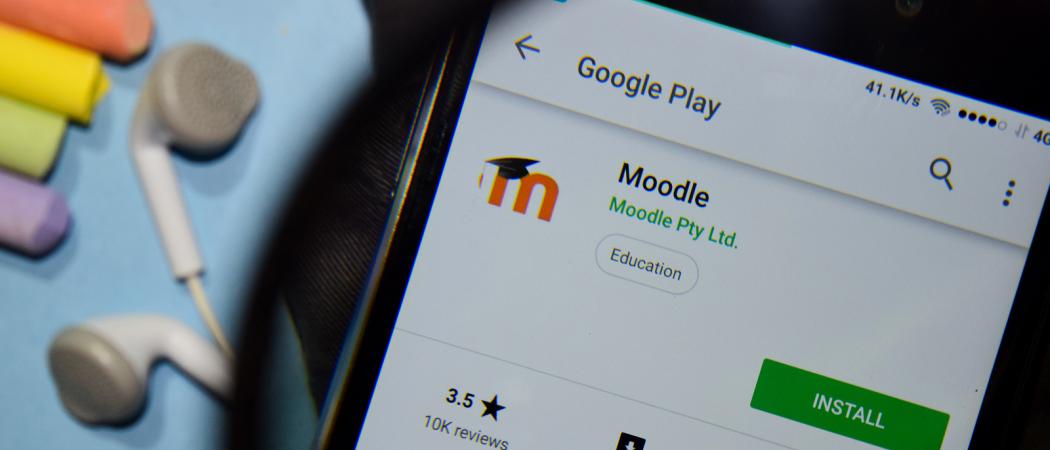
New York City researchers hope antibody-rich plasma can keep people out of intensive care.
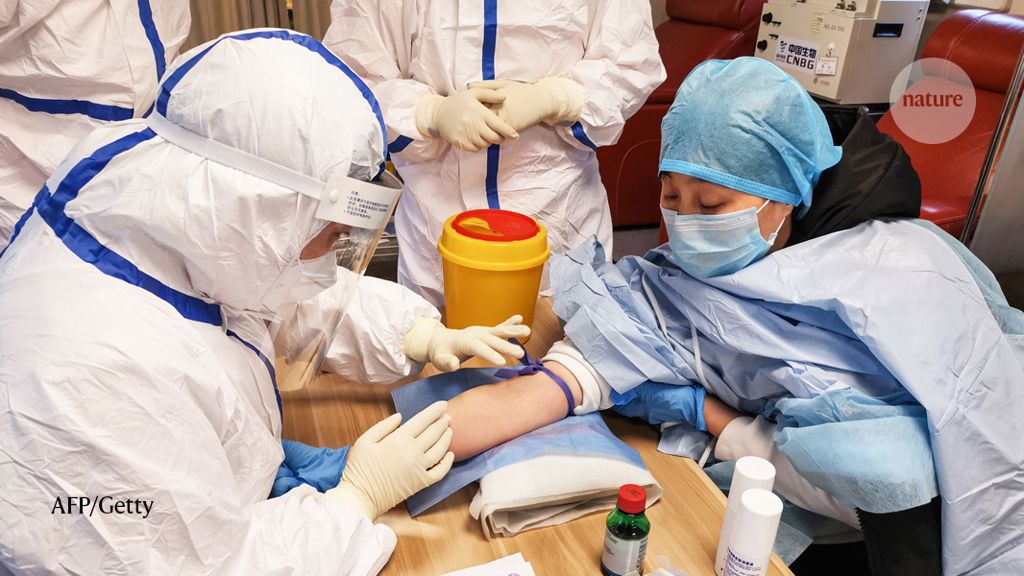
Simple design aims to let even overwhelmed physicians and hospitals participate
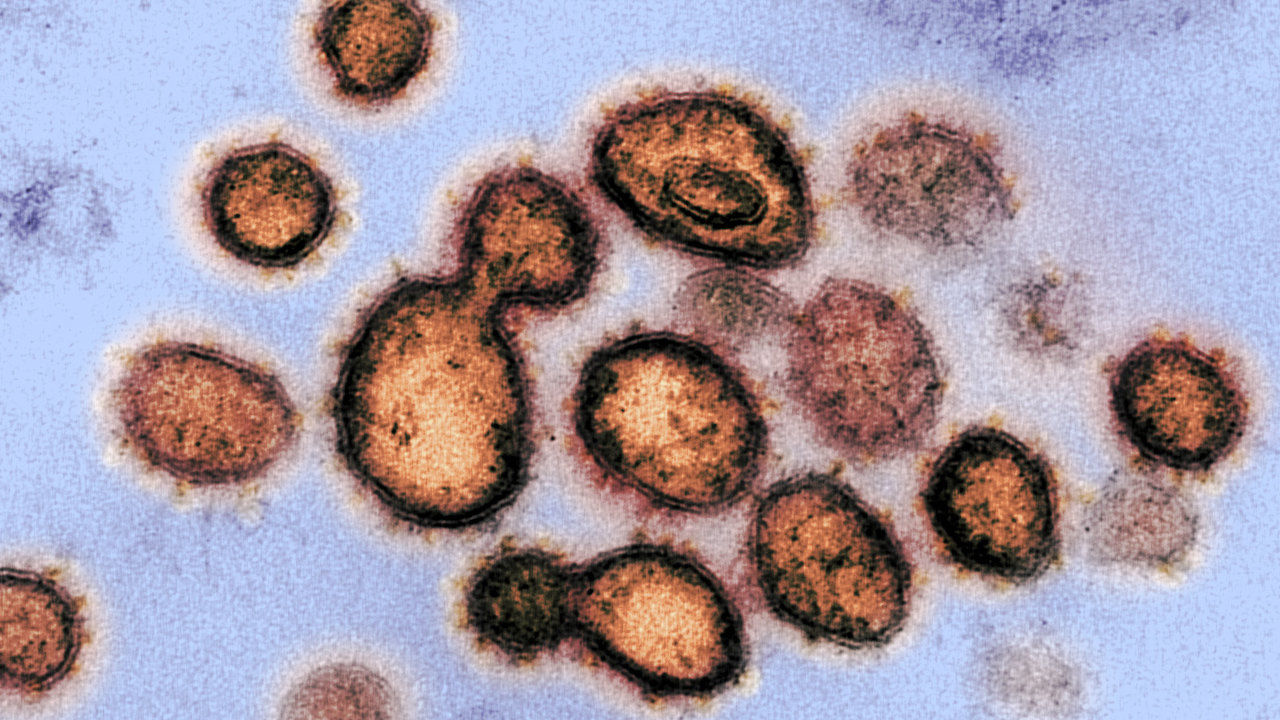
Scientists launch trial of bacillus Calmette-Guérin, a vaccine made of living bacteria, to protect health care workers at risk of COVID-19 infection.
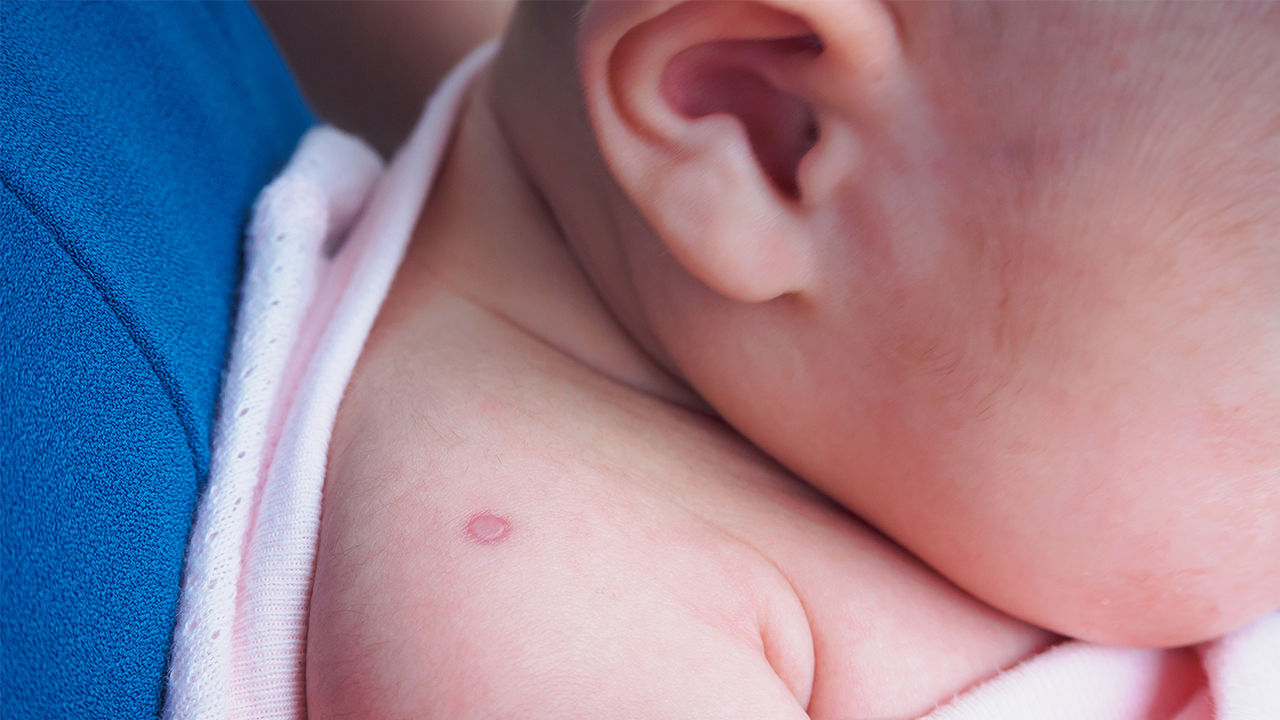
In response to the Covid-19 pandemic, swissuniversities, the Swiss National Science Foundation and the Consortium of Swiss Academic Libraries appeal to all publishing houses to make their publications freely accessible.
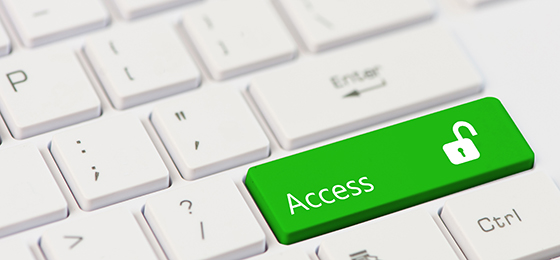
Bioscience publishing, from preprint servers to established medical journals, is finding new and faster ways to publish Covid-19 research results.
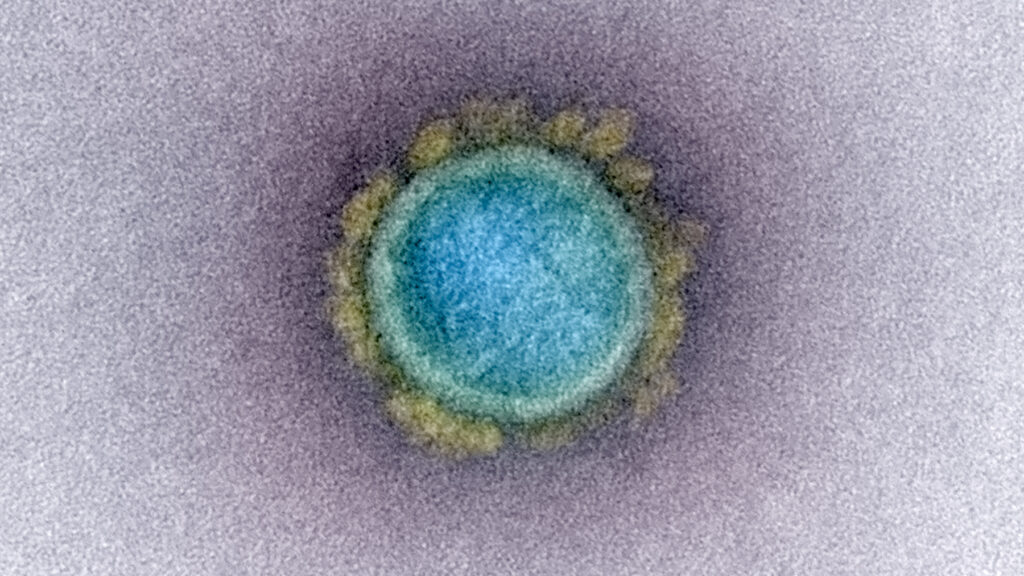
Infusions of antibody-laden blood have been used with reported success in prior outbreaks, including the SARS epidemic and the 1918 flu pandemic.
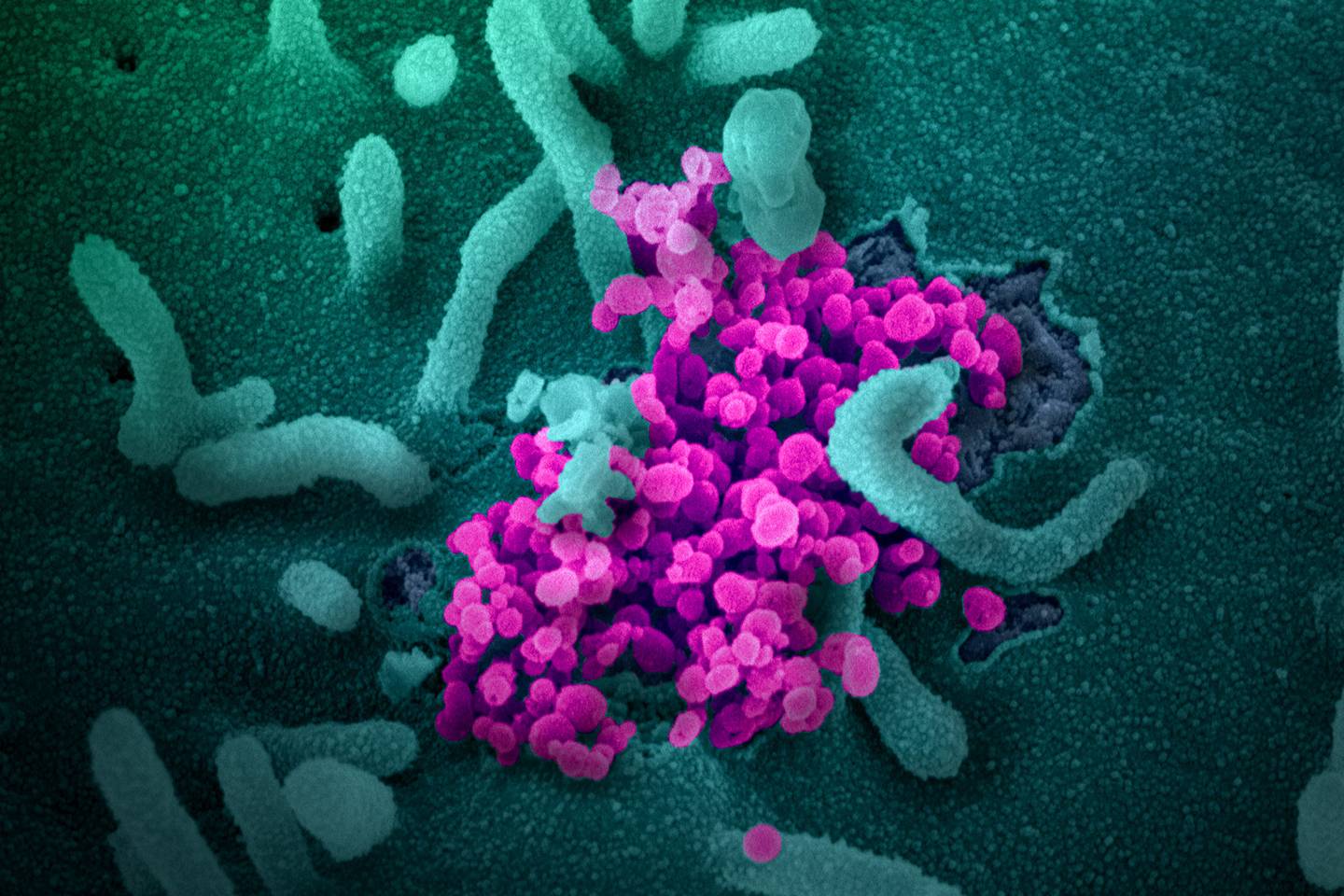
Scientists analyzed the movements of hundreds of millions of people to show why the most extensive travel restrictions to stop an outbreak in human history haven't been enough.
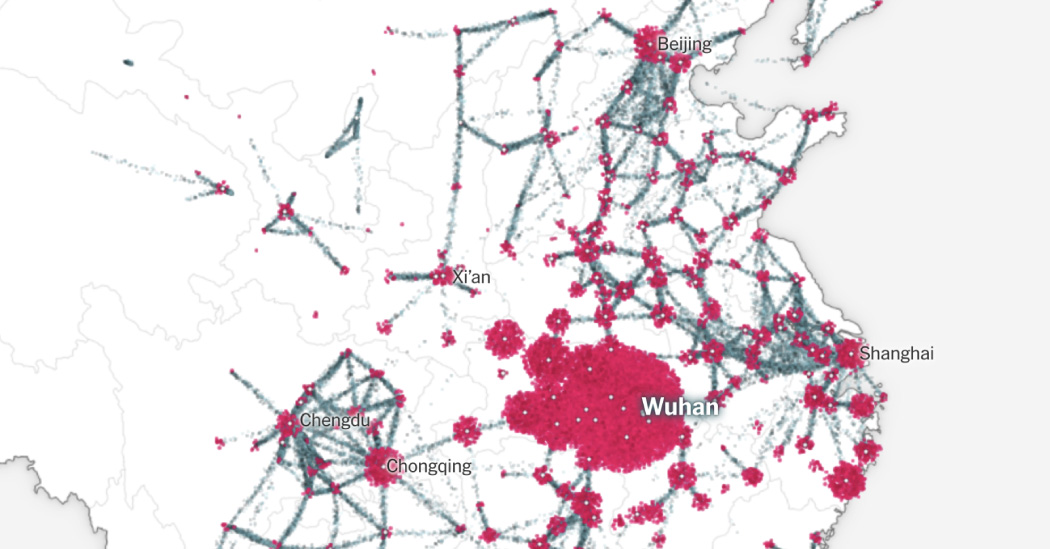
Advances in gene sequencing have allowed scientists to trace and monitor the COVID-19 pandemic faster than any previous outbreak. However, gaps in our knowledge of how coronaviruses work has made it difficult to understand what makes the new coronavirus special.
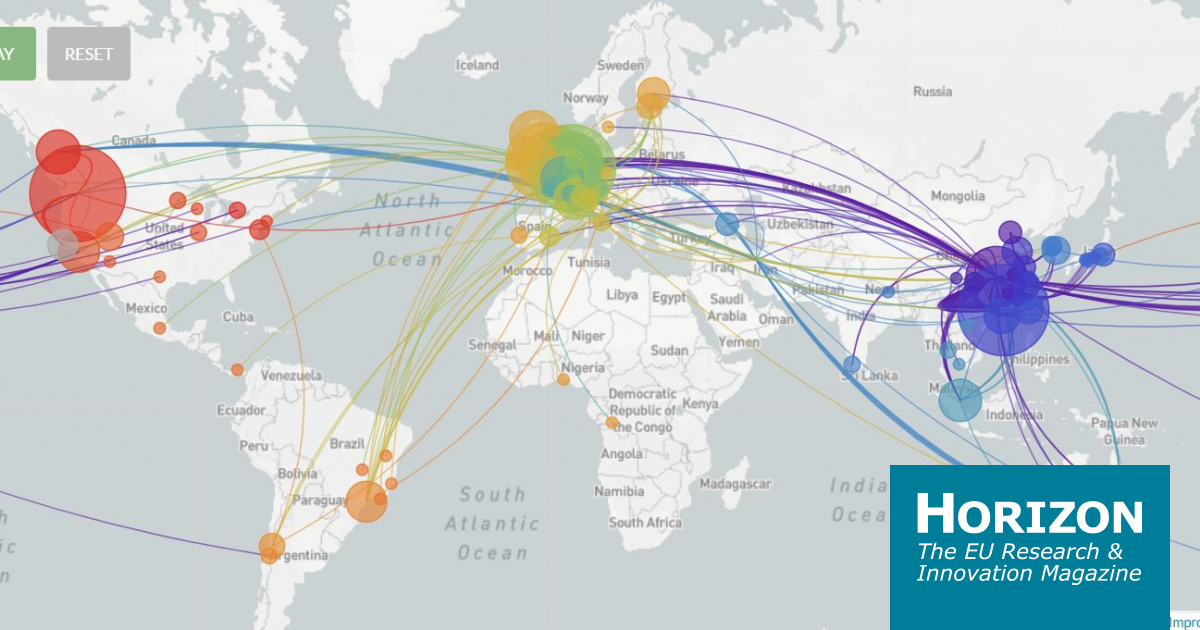
The low-tech site run by health experts collects reports of new diseases in real time. They've got a shoestring budget-and a stunning track record.
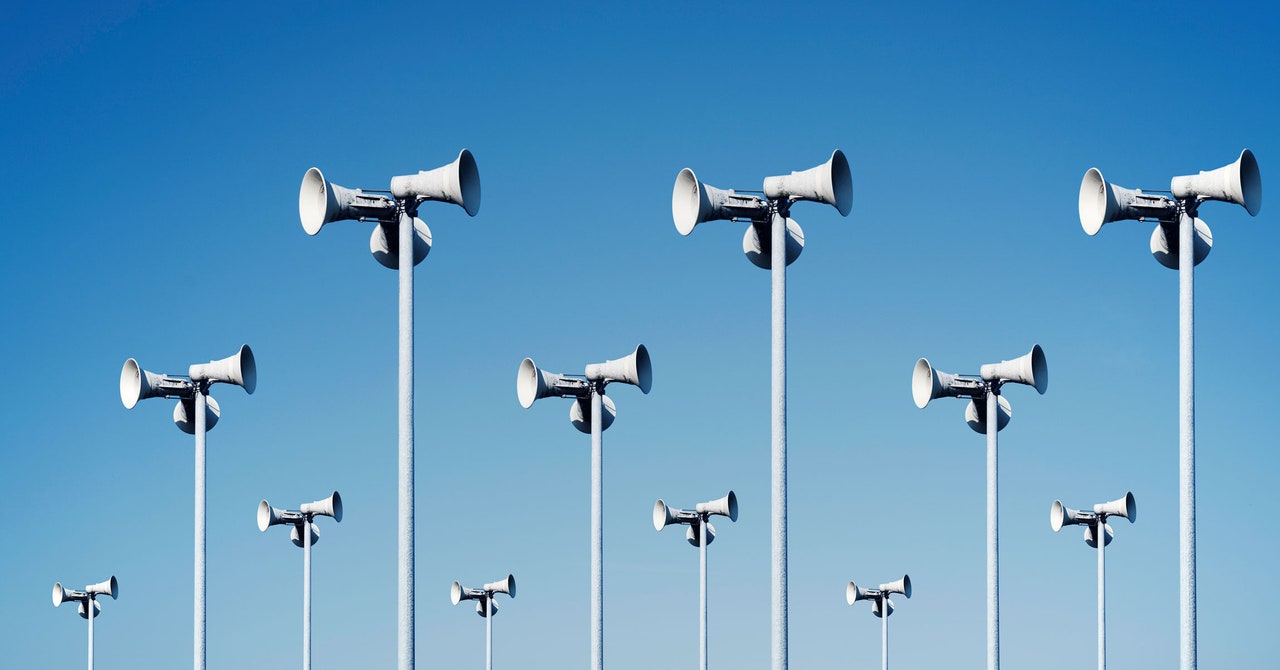
It was on Wednesday, March 11 that some of the experts on the government’s Scientific Advisory Group for Emergencies began to realise that the coronavirus was spreading through the UK too fast for the NHS to cope.
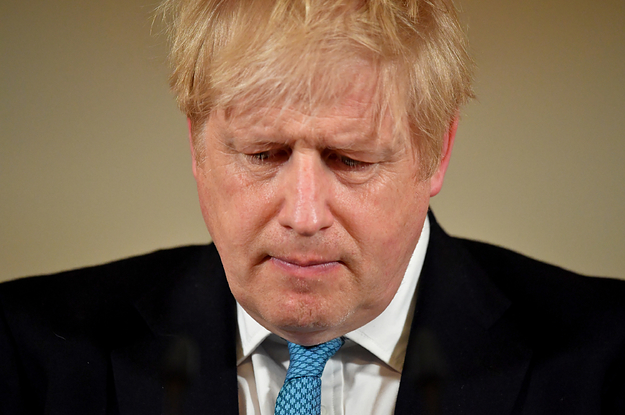
What the Next 18 Months Can Look Like, if Leaders Buy Us Time
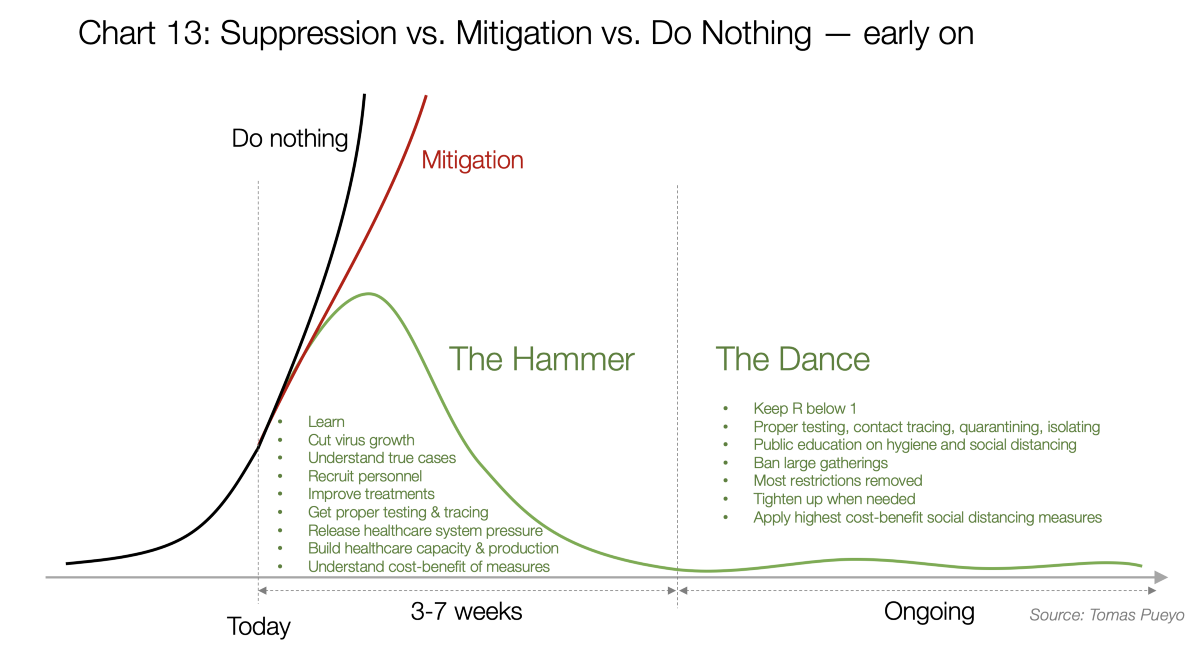
Here are a few of the papers our scientists are reading that you might want to check out, too.
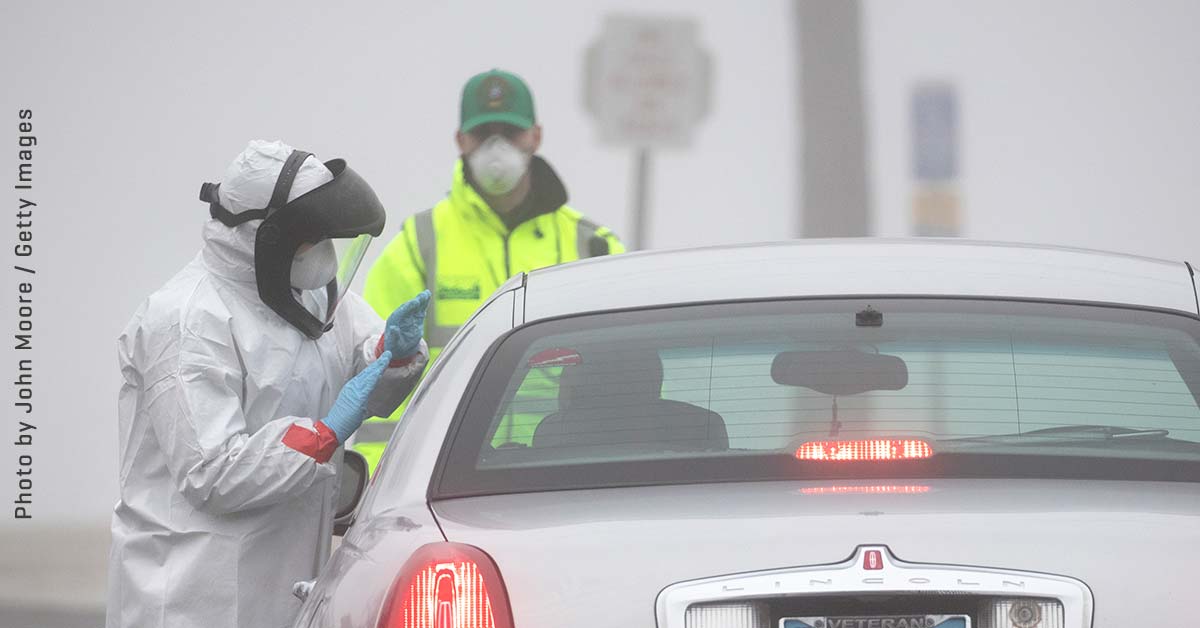
We've known about SARS-CoV-2 for only three months, but scientists can make some educated guesses about where it came from and why it's behaving in such an extreme way.

This file contains all relevant publications, datasets and clinical trials from Dimensions that are related to COVID-19.
The race to find a vaccine for COVID-19 exemplifies why rapid and unrestricted access to scientific research and educational materials is vital.
